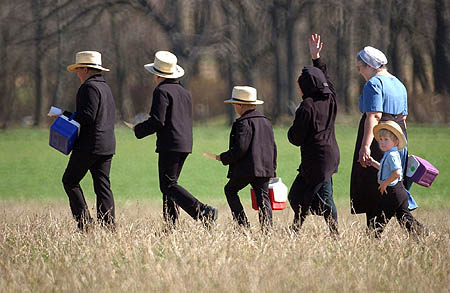Oftentimes, it’s the talented, motivated and grounded people who struggle the most getting to the work they should be doing. It’s like the burden of their gifts weighs them down, placing an unhealthy gravity on the decision to strike out and make a change for the better.
But beyond the over-complicated knots we tie ourselves in are the practical barriers that confound us. One of them is not having the financial freedom to do the kind of work that we need to be doing right now.
In this regard, there’s good news for everyone who has an entrepreneur inside of them, struggling to get out. Your pitifully small bank account is no longer a roadblock to your success as long as you have a good idea and an equally good story to tell. For the first time ever, millions of strangers are funding small business ideas that never had the chance to get off the ground before. All you have to do is sell them on your dream.
With crowd-funding, it’s the small amounts, quite literally “the seed funding,” that can not only get you off the proverbial dime, but also a cheering section of people who truly believe in you. Where once you needed a rich uncle or well-healed friend, the “kindness of strangers” now provides a way for you to get in the game. (I last wrote about crowd-funding in July.)
You always wanted to ____ (fill in the blank). You’ve never understood why somebody hadn’t figured out how to ___, so you’ve figured it out. Tell the crowd about your idea. Tell them how much cash you need to realize it. Tell them how they’ll get to share in your success. Convince them that you deserve their vote of confidence and they just might give it to you.
Historically, because tiny businesses rarely attracted outside financing, they just as rarely got off the ground. Today, a whole new class of entrepreneurs has a chance to strut their stuff. Spreading like some positive contagion, crowds are nurturing brave little start-ups everywhere there is access to a funding network. Years from now, when some of our leading companies can trace their origins to networks like Kickstarter, I think we’ll recognize that the true democratization of innovation began in our time.
What this gives you is an opportunity that simply wasn’t available five years ago. But you still have to believe in what you’re setting out to do, and get that cheering section to buy-in too. Indeed, it’s your ability to inspire (on the one hand) and the desire of total strangers to be inspired (on the other) that makes this bargain work.
In the world of crowd-funding, the desire to be part of an appealing stranger’s quest to succeed is nearly universal. She talks about how she’ll change the world. You learn about how he’ll make our lives better, easier, smarter. They share their stories with us, and we in turn see some of ourselves (and our hopes) in them. We like & admire them & look forward to sharing in their success. The ticket for the adventure is modest given the upsides, so we buy it.
For investors, it helps too that you’re not the only one who’s buying. It may be dozens or hundreds or even thousands of others who are similarly inspired. With crowd-funding, you find out early and often how many others are getting on-board with you. The infectious rush of fellow believers is essential to the dynamic.
But what’s really unique (and special) here is that the entrepreneur’s energy & inspiration and the investors’ psychic & financial support are joining together for the sake of economic productivity. We’re building a business here after all.
Maybe it’s your business.


